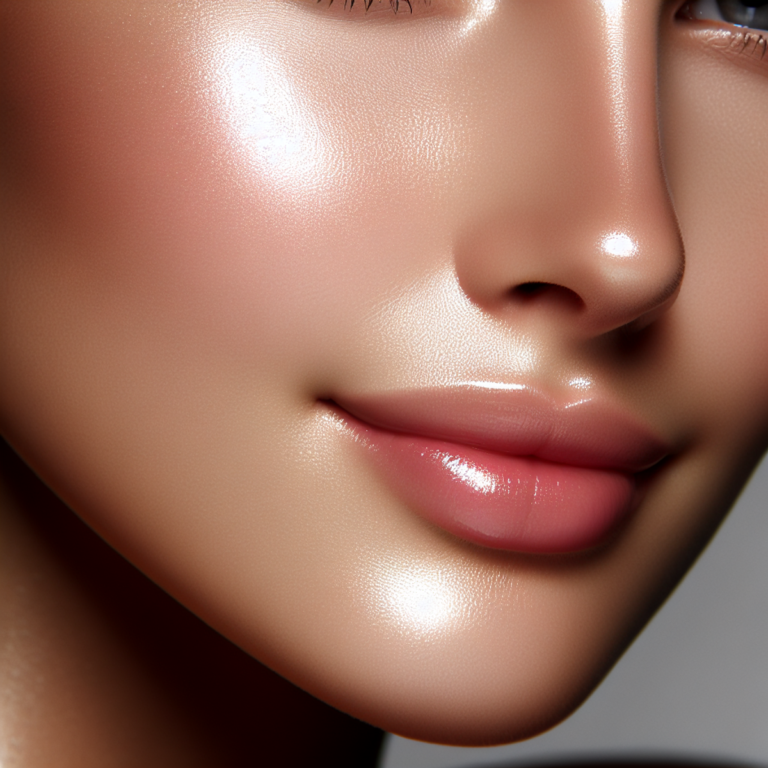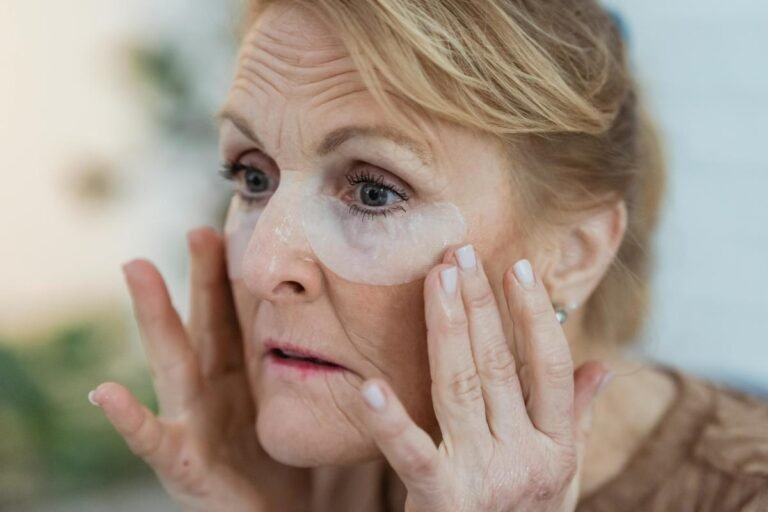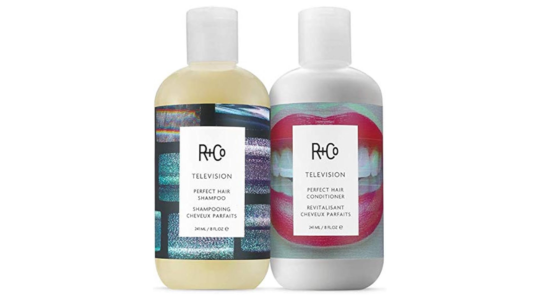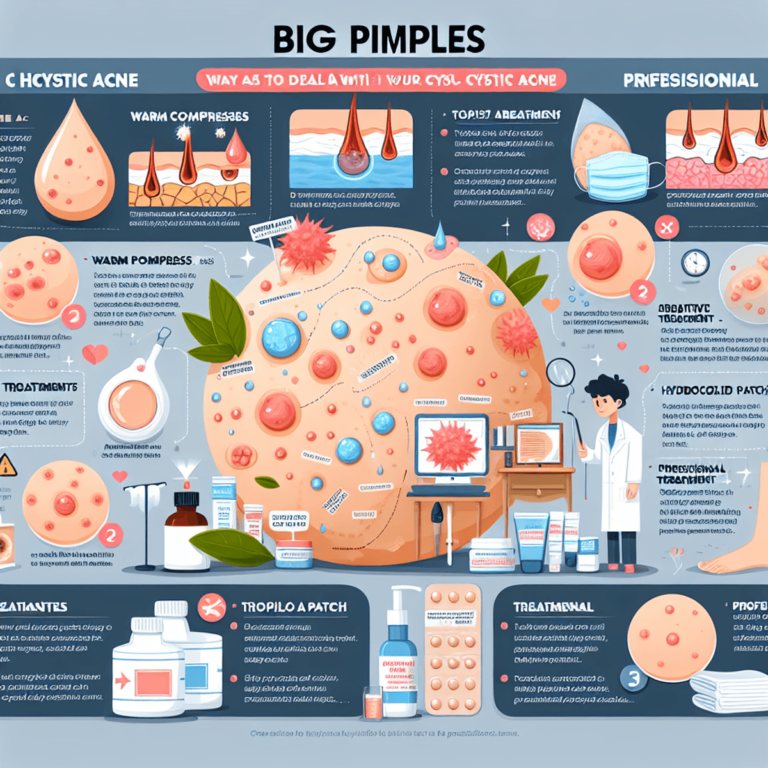How to Prevent and Treat Pimples and Acne
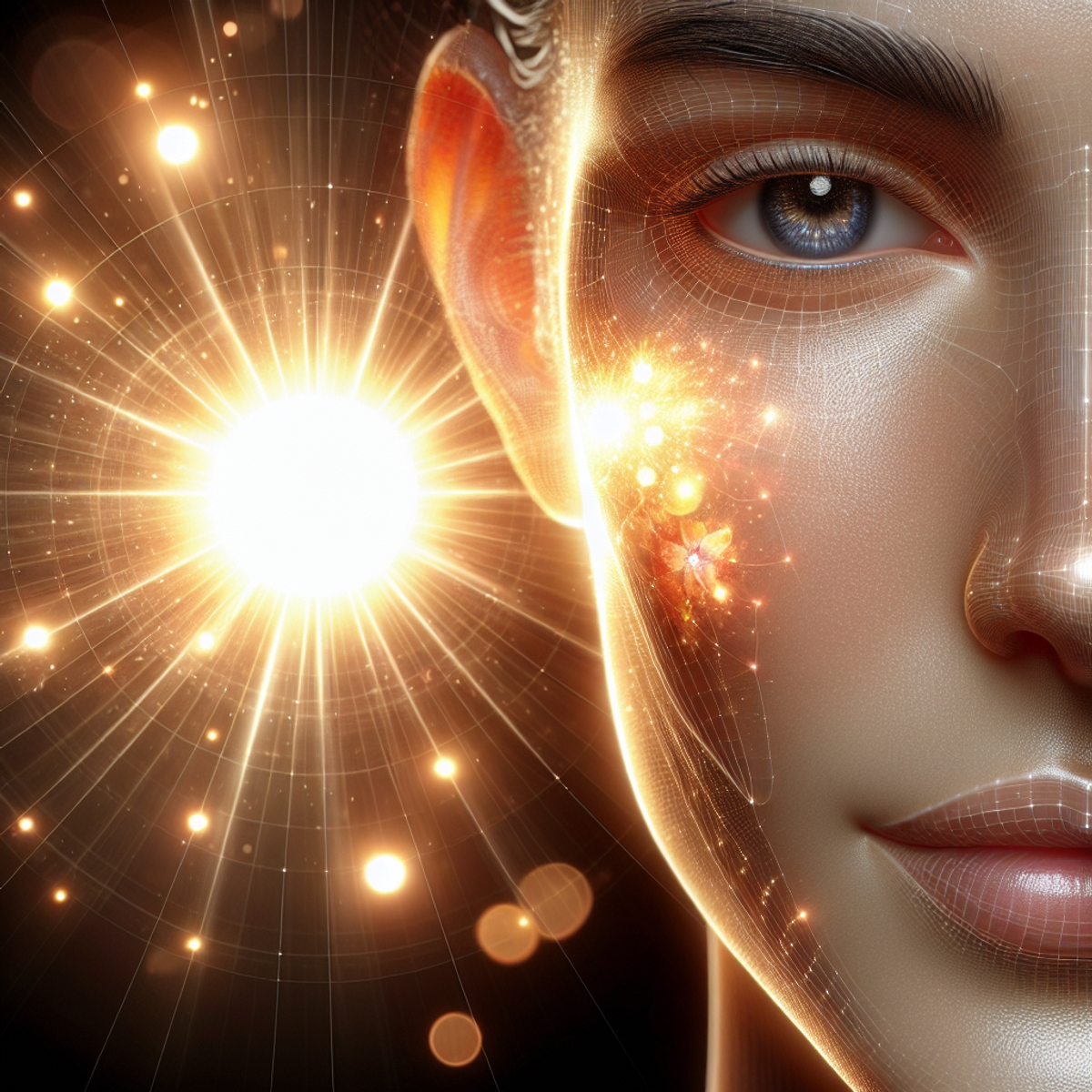
Introduction
Having clear and healthy skin is crucial for our overall well-being. Pimples and acne can greatly affect our self-esteem and confidence, impacting different areas of our lives. In this article, we will explore everything there is to know about pimples and acne, including how to prevent them and treat them effectively. By understanding the causes, learning prevention methods, and discovering treatment choices, you will be equipped with the knowledge to deal with these skin issues. Let’s start exploring some practical tips for achieving radiant and blemish-free skin!
Understanding Pimples and Acne
Pimples and acne are common skin conditions that affect many people, especially during adolescence. Understanding the causes and misconceptions surrounding these conditions can help in their prevention and treatment.
Definition of Pimples and Acne
Pimples, also known as zits or spots, are small inflammations or raised bumps on the skin. They occur when oil, dead skin cells, and bacteria clog hair follicles. Acne is a broader term that encompasses not only pimples but also blackheads, whiteheads, cysts, and nodules.
Causes of Pimples and Acne
Several factors contribute to the development of pimples and acne. It’s important to note that these conditions are not solely caused by poor hygiene but are influenced by various internal and external factors. Some common causes include:
- Genetics: The tendency to develop acne can be inherited from parents. If your parents had acne, you are more likely to experience it too.
- Excess Sunlight: Overexposure to sunlight can worsen existing acne by increasing inflammation and causing the skin to produce more oil.
- Certain Medications: Some medications, such as corticosteroids, lithium, and anticonvulsants, have been linked to acne breakouts as a side effect.
- Oily Cosmetics: Certain cosmetics, particularly those containing oils or heavy moisturizers, can clog pores and lead to acne breakouts.
Common Misconceptions About Pimples and Acne
There are several misconceptions surrounding pimples and acne that can affect how they are prevented and treated. It’s important to dispel these myths to better understand these conditions:
- Acne is caused by poor hygiene: While it’s important to keep the skin clean, acne is not caused by dirty skin alone. Over-washing or scrubbing the skin too harshly can actually worsen acne by irritating the skin.
- Only teenagers get acne: Acne is commonly associated with adolescence, but it can affect people of all ages. Hormonal changes, stress, and other factors can contribute to acne breakouts in adults.
- Popping pimples helps them heal faster: Picking or popping pimples can actually worsen the condition by spreading bacteria and causing inflammation. It can also lead to scarring and hyperpigmentation.
- Acne is only a cosmetic concern: Acne not only affects the physical appearance but also has a significant impact on self-esteem and confidence. It is important to address acne both for its physical and psychological effects.
Understanding the definition, causes, and misconceptions surrounding pimples and acne is crucial for effective prevention and treatment. In the next section, we will discuss various strategies to prevent pimples and acne, including choosing the right products for your skin type and incorporating lifestyle changes that promote healthy skin.
Remember, clear and healthy skin is within reach with the right knowledge and approach.
Preventing Pimples and Acne
When it comes to preventing pimples and acne, establishing a proper skincare routine and taking preventive measures are crucial. This section will delve into choosing the right products for your skin type, understanding non-comedogenic products, and recommended over-the-counter acne products.
Choosing the Right Products for Your Skin Type
Selecting the appropriate products for your specific skin type is essential in preventing pimples and acne. Here are some key considerations for choosing the right skincare products:
- Identify Your Skin Type: Determine whether you have oily, dry, combination, or sensitive skin. This will help you select products that cater to your skin’s unique needs.
- Read Product Labels: Look for labels that indicate “non-comedogenic,” which means the product is formulated not to clog pores. Non-comedogenic products are especially beneficial in preventing acne as they minimize the risk of pore blockages that can lead to breakouts.
- Avoid Harsh Ingredients: Steer clear of skincare products containing harsh chemicals or fragrances that may irritate the skin and exacerbate acne.
By choosing skincare products suited to your skin type, you can effectively reduce the chances of developing pimples and acne.
Understanding Non-comedogenic Products and Their Benefits for Preventing Pimples and Acne
Non-comedogenic products play a significant role in preventing pimples and acne by reducing the likelihood of pore blockages. These products are specifically designed to avoid clogging pores, making them ideal for individuals prone to acne breakouts. By allowing the skin to breathe and function properly, non-comedogenic products help maintain clear and healthy skin.
In addition to being non-comedogenic, these products are often formulated with ingredients that promote balanced oil production while providing necessary hydration without causing excess sebum buildup.
Remember, using non-comedogenic products is key to preventing pimples and acne as they don’t clog your pores, allowing your skin to stay healthy.
Recommended Over-the-counter Acne Products
When it comes to over-the-counter (OTC) acne products, several options have proven effective in preventing and treating pimples and acne. Some commonly recommended OTC acne products include:
- Benzoyl Peroxide: This ingredient helps reduce acne-causing bacteria on the skin’s surface while also aiding in unclogging pores.
- Salicylic Acid: Known for its exfoliating properties, salicylic acid helps remove dead skin cells and prevent pore blockages.
- Lactic Acid: As an alpha hydroxy acid (AHA), lactic acid gently exfoliates the skin, promoting a smoother complexion while minimizing the risk of breakouts.
Incorporating these OTC acne products into your skincare regimen can contribute to preventing pimples and reducing acne flare-ups. However, it’s essential to use these products as directed and consult a dermatologist if you have any concerns about their suitability for your skin type.
Using OTC acne products like benzoyl peroxide, salicylic acid, and lactic acid can be beneficial in preventing pimples and maintaining clear skin. Just make sure to follow the instructions and seek professional advice if needed.
By focusing on selecting suitable skincare products, understanding non-comedogenic formulations, and utilizing recommended OTC acne treatments, you can take proactive steps in preventing pimples and maintaining clear, healthy skin.
Makeup, Haircare, and Other Lifestyle Tips to Prevent Pimples and Acne
The first line of defense against pimples and acne is a consistent and effective skincare routine. By following preventive measures and incorporating the right products into your daily routine, you can significantly reduce the occurrence of breakouts. In this section, we will explore some makeup, haircare, and lifestyle tips to help prevent pimples and acne.
Avoiding Foundation, Powder, Blush During Breakouts; Choosing Oil-free Makeup Options Instead
During breakouts, it’s important to avoid using heavy foundation, powder, and blush as they can clog pores and worsen acne. Instead, opt for oil-free makeup options that won’t exacerbate the problem. Look for products labeled “non-comedogenic,” which means they are specifically designed not to clog pores. These oil-free formulations will help keep your skin clear while providing coverage.
Avoiding Fragrances, Oils, Pomades, and Gels on the Face; Using Gentle Shampoo and Conditioner to Prevent Clogged Pores
When it comes to skincare, it’s crucial to be mindful of the products you use on your face. Fragrances, oils, pomades, and gels can all contribute to clogged pores and breakouts. Avoid applying these products directly to your face or hairline. If necessary, use them sparingly or opt for fragrance-free alternatives.
Additionally, pay attention to your haircare routine. Using gentle shampoos and conditioners can help prevent product buildup on your scalp that can transfer to your face and clog pores. Look for formulas that are non-comedogenic or labeled specifically for acne-prone skin.
The Impact of Diet on Skin Health
While there is no definitive scientific evidence linking specific foods to acne, some studies suggest that certain dietary factors may play a role in the development of pimples and acne. It’s important to maintain a balanced diet that includes fresh fruits, vegetables, and whole grains. Avoiding greasy and junk food, as well as processed foods, can also contribute to better skin health.
If you suspect that certain foods may be triggering your breakouts, keep a food diary to track any patterns. This can help you identify potential culprits and make informed decisions about your diet.
Remember, maintaining clear and healthy skin is not just about what you put on your face. It’s also about taking care of your body from the inside out. By adopting a holistic approach to skincare that includes proper nutrition and lifestyle choices, you can support your skin’s overall health and reduce the occurrence of pimples and acne.
Keep in mind that everyone’s skin is unique, and what works for one person may not work for another. It may take some trial and error to find the right combination of products and lifestyle choices that work best for you. If you’re struggling with persistent acne or are unsure about which products to use, it’s always a good idea to consult with a dermatologist who can provide personalized recommendations based on your specific needs.
The Role of Exercise and Stress Management in Preventing Pimples and Acne
The first line of defense against Pimples and Acne is a consistent and effective skincare routine. However, there are additional preventive measures you can take to keep your skin clear and healthy. In this section, we will discuss the role of exercise and stress management in preventing Pimples and Acne.
Importance of a Consistent Skincare Routine
Before we dive into the impact of exercise and stress management on skin health, it’s crucial to emphasize the importance of maintaining a consistent skincare routine. This routine should include washing your face twice daily with warm water and a mild cleanser. Avoid using harsh soaps or scrubbing with rough materials, as this can irritate the skin and potentially worsen acne.
The Impact of Diet on Skin Health
What you eat plays a significant role in the health of your skin. To prevent Pimples and Acne, it’s essential to avoid greasy/junk food, dairy products, and processed foods. These foods can contribute to inflammation in the body, which can manifest as breakouts on the skin. Instead, focus on incorporating fresh fruits, vegetables, and whole grains into your diet. These foods are rich in antioxidants and nutrients that promote healthy skin.
Exercise for Clear Skin
- Regular exercise not only benefits your overall health but also has positive effects on your skin.
- When you engage in physical activity, it increases blood flow throughout your body, including the skin.
- This increased blood flow helps deliver oxygen and nutrients to the skin cells while carrying away waste products.
- Exercise also helps regulate hormone levels in the body.
- Hormonal imbalances are one of the leading causes of Pimples and Acne.
- By reducing stress levels through exercise, you can help balance hormones such as cortisol, which is known to trigger breakouts.
- Moreover, exercise promotes sweating, which can help unclog pores.
- Just be sure to cleanse your skin afterward to remove any sweat and bacteria that may have accumulated.
Stress Management for Healthy Skin
- Stress is a common trigger for Pimples and Acne.
- When you are stressed, your body produces more cortisol, a hormone that can lead to increased oil production and inflammation in the skin.
- To manage stress and promote clear skin, it’s crucial to incorporate stress management techniques into your daily routine.
- This could include activities such as meditation, deep breathing exercises, yoga, or engaging in hobbies that help you relax.
- Additionally, getting enough sleep is essential for both stress management and overall skin health.
- Lack of sleep can increase stress levels and disrupt hormone balance, leading to an increased risk of breakouts.
In conclusion, preventing Pimples and Acne goes beyond skincare products. By adopting a healthy lifestyle that includes regular exercise and stress management techniques, you can significantly improve the health of your skin. Remember to avoid greasy/junk food and processed foods while incorporating fresh fruits, vegetables, and whole grains into your diet. Stay consistent with your skincare routine and make self-care a priority for clear and radiant skin.
Treating Pimples and Acne
Dealing with acne can be frustrating, but there are many ways to treat and manage it effectively. In this section, we’ll explore different approaches to treating pimples and acne, including hormonal acne and other treatment options.
Hormonal Acne: Causes and Treatment Options
Hormonal acne is often caused by changes in hormone levels, especially an increase in androgens. These hormones stimulate the sebaceous glands, leading to excess oil production and clogged pores. Hormonal acne is more common in women, especially during puberty, menstruation, pregnancy, and menopause.
To treat hormonal acne effectively, it’s important to address the underlying hormonal imbalance. Here are some treatment options:
- Oral Contraceptives: Birth control pills containing estrogen and progestin can help regulate hormone levels in women. They work by suppressing the production of androgens, reducing sebum production, and preventing clogged pores. However, oral contraceptives are not recommended for males.
- Anti-Androgen Medications: Certain medications, such as spironolactone, can reduce the effects of androgens on the skin. Spironolactone blocks the action of androgens on the oil glands, leading to a decrease in sebum production. This medication is commonly prescribed for women with hormonal acne.
It’s essential to consult with a dermatologist or healthcare professional before starting any hormonal treatment for acne. They can assess your specific situation and recommend the most suitable option for you.
Exploring Other Treatment Approaches for Stubborn Acne
If you’re dealing with stubborn acne that doesn’t respond well to over-the-counter treatments or hormonal acne treatments, there are other approaches you can consider:
- Topical Retinoids: Prescription-strength topical retinoids, such as tretinoin and tazarotene, can be highly effective in treating acne. These medications help unclog pores, reduce inflammation, and promote cell turnover, resulting in clearer skin. However, they may cause dryness and irritation initially, so it’s important to follow your dermatologist’s instructions and use them as directed.
- Antibiotics: In some cases, oral or topical antibiotics may be prescribed to treat acne. Antibiotics help kill bacteria on the skin and reduce inflammation. They are often used in combination with benzoyl peroxide to prevent bacterial resistance. However, long-term antibiotic use is generally not recommended due to the risk of antibiotic resistance.
Professional Treatment Options for Severe Acne Cases
For severe acne cases that do not respond to conventional treatments, professional treatment options may be necessary. Here are a few examples:
- Photodynamic Therapy (PDT): PDT involves the use of a photosensitizing agent and a specific wavelength of light to target and destroy acne-causing bacteria. It also helps shrink oil glands and reduce sebum production. PDT can effectively treat moderate to severe acne but may require multiple sessions for optimal results.
- Light/Laser Therapies: Light and laser therapies work by targeting the bacteria responsible for acne breakouts while also reducing inflammation and sebum production. Different types of lasers or light devices, such as blue light or pulsed dye lasers, may be used depending on the severity of your acne. These treatments are typically performed by dermatologists or skincare professionals.
It’s important to note that professional treatments for severe acne should always be performed under the guidance of a qualified dermatologist or healthcare professional. They will assess your specific condition and recommend the most appropriate treatment plan for you.
Remember, everyone’s skin is unique, and what works for one person may not work for another. It’s important to be patient and consistent with your chosen treatment method. If you’re unsure about which approach to take or if your acne is causing significant distress, consult a dermatologist for personalized treatment recommendations.
Exploring Other Treatment Approaches for Stubborn Acne
When it comes to treating stubborn acne, it’s essential to consider various treatment options beyond hormonal acne. Understanding the link between high glycemic index foods and acne, as well as the impact of dairy products on acne development, can provide valuable insights into managing and treating persistent skin issues.
The Link Between High Glycemic Index Foods (Sugary Carbohydrates) and Acne
Research has shown that consuming high glycemic index foods, such as sugary carbohydrates, can contribute to the development and exacerbation of acne. These foods cause a spike in blood sugar levels, leading to increased insulin production, which in turn can stimulate oil production and inflammation in the skin. By moderating the intake of high glycemic index foods, individuals may experience improvements in their acne condition.
The Impact of Dairy Products on Acne Development
Studies have indicated a potential connection between dairy product consumption and the prevalence of acne. It is believed that certain components present in dairy, such as hormones and growth factors, may influence skin inflammation and oil production. Additionally, dairy products have a high glycemic index, further exacerbating the risk of developing acne. Monitoring dairy intake and exploring alternative sources of nutrients may be beneficial for individuals struggling with persistent acne.
In addition to dietary considerations, it’s crucial to explore various topical treatments and skincare practices that can complement efforts to address stubborn acne effectively.
Recommended Over-the-counter Creams/Serums
- Over-the-counter creams containing salicylic acid or benzoyl peroxide are popular choices for addressing mild to moderate acne. These products work by unclogging pores, reducing inflammation, and combating bacteria on the skin’s surface.
Prescription Topical Retinoids and Their Benefits
- Prescription topical retinoids like tretinoin or tazarotene are potent tools for treating acne by promoting cell turnover, preventing clogged pores, and reducing inflammation. These products are particularly effective for addressing comedonal acne (non-inflammatory acne).
Antibiotics Combined with Benzoyl Peroxide to Reduce Bacterial Resistance
- In cases where acne is resistant to other treatments, oral or topical antibiotics combined with benzoyl peroxide may be prescribed to target bacterial overgrowth on the skin. This combination approach helps prevent the development of antibiotic-resistant bacteria while addressing inflammatory acne lesions.
By considering these various treatment approaches alongside dietary adjustments, individuals can develop a comprehensive strategy for managing stubborn acne effectively.
Professional Treatment Options for Severe Acne Cases
When it comes to treating severe cases of pimples and acne, professional treatment options can provide effective solutions. These treatments are often recommended when over-the-counter products and home remedies have not yielded satisfactory results. Here are some professional treatment options that dermatologists may recommend:
Overview of Professional Treatment Options for Pimples and Acne
- Prescription Topical Retinoids: These medications contain high concentrations of Vitamin A derivatives that help unclog pores and reduce inflammation. Prescription topical retinoids, such as tretinoin and tazarotene, are known for their ability to promote cell turnover and prevent the formation of new acne lesions.
- Antibiotics Combined with Benzoyl Peroxide: In some cases, dermatologists may prescribe antibiotics along with benzoyl peroxide to reduce bacterial resistance. Antibiotics like erythromycin or clindamycin can help control bacteria on the skin’s surface and reduce inflammation.
- Hormone Pills for Female Hormonal Acne Prevention: For female patients with hormonal acne, hormone pills such as birth control or spironolactone may be prescribed. These medications work by regulating hormone levels, reducing sebum production, and preventing breakouts. It’s important to note that these treatments are not recommended for males.
- Photodynamic Therapy (PDT): PDT is a non-invasive treatment that involves applying a photosensitizing agent to the skin and then exposing it to a specific wavelength of light. This treatment targets the bacteria responsible for acne and reduces inflammation. PDT can be effective in treating stubborn acne lesions and improving overall skin texture.
- Light/Laser Therapies: Light and laser therapies use specific wavelengths of light to target the bacteria that cause acne and reduce inflammation. These treatments can also help shrink oil glands, resulting in decreased sebum production. Light/laser therapies are often used in combination with other treatments to achieve optimal results.
It’s important to consult a dermatologist before considering any professional treatment options. They will assess your skin condition and recommend the most suitable treatment based on your specific needs and medical history. Additionally, dermatologists may combine different treatments or customize a treatment plan tailored to your individual requirements.
Remember, professional treatments generally require multiple sessions and may take time to show significant improvement. It’s crucial to follow your dermatologist’s instructions and maintain consistent skincare habits throughout the treatment process.
By exploring these professional treatment options, individuals with severe acne can find effective solutions for their skin concerns. The guidance of a dermatologist ensures that the chosen treatment aligns with their unique needs, leading to clearer and healthier skin.
Conclusion
Maintaining clear and healthy skin is essential for both physical and emotional well-being. Pimples and acne can have a significant impact on self-esteem and confidence. However, with proper prevention and treatment strategies, you can achieve the clear skin you desire.
To effectively prevent and treat pimples and acne, it is crucial to consult a dermatologist for personalized treatment recommendations. A dermatologist can assess your specific skin type, identify the underlying causes of your acne, and recommend the most suitable products and treatments.
In summary:
- Prevention: Choose the right products for your skin type, such as non-comedogenic options. Avoid using foundation, powder, blush during breakouts, and opt for oil-free makeup alternatives. Be mindful of fragrances, oils, pomades, and gels on your face. Use gentle shampoo and conditioner to prevent clogged pores. Additionally, pay attention to your diet by avoiding greasy/junk food, dairy products, and processed foods.
- Treatment: Hormonal acne requires special attention. Discuss the connection between hormones and acne with your dermatologist, who may suggest hormone pills as a treatment option for female hormonal acne (not recommended for males). Explore other treatments such as adjusting your diet to avoid high glycemic index foods (sugary carbohydrates) or reducing dairy product consumption.
- Professional Treatment Options: For severe acne cases, professional treatment options may be necessary. Photodynamic therapy shows promise as a potential treatment option. Light/laser therapies are also effective in treating pimples and acne.
Remember that everyone’s skin is unique, so what works for one person may not work for another. By consulting a dermatologist, you can receive personalized guidance tailored to your specific needs.
With the right approach and professional guidance, you can achieve clear and healthy skin that boosts your self-confidence and allows you to put your best face forward every day!


